Melbourne Demons forward Charlie Spargo boasts the AFL’s best mark rate from kicks inside 50
There are many reasons why Melbourne won last year’s flag and remains undefeated in 2022 but one role player is proving an underrated part of its success.
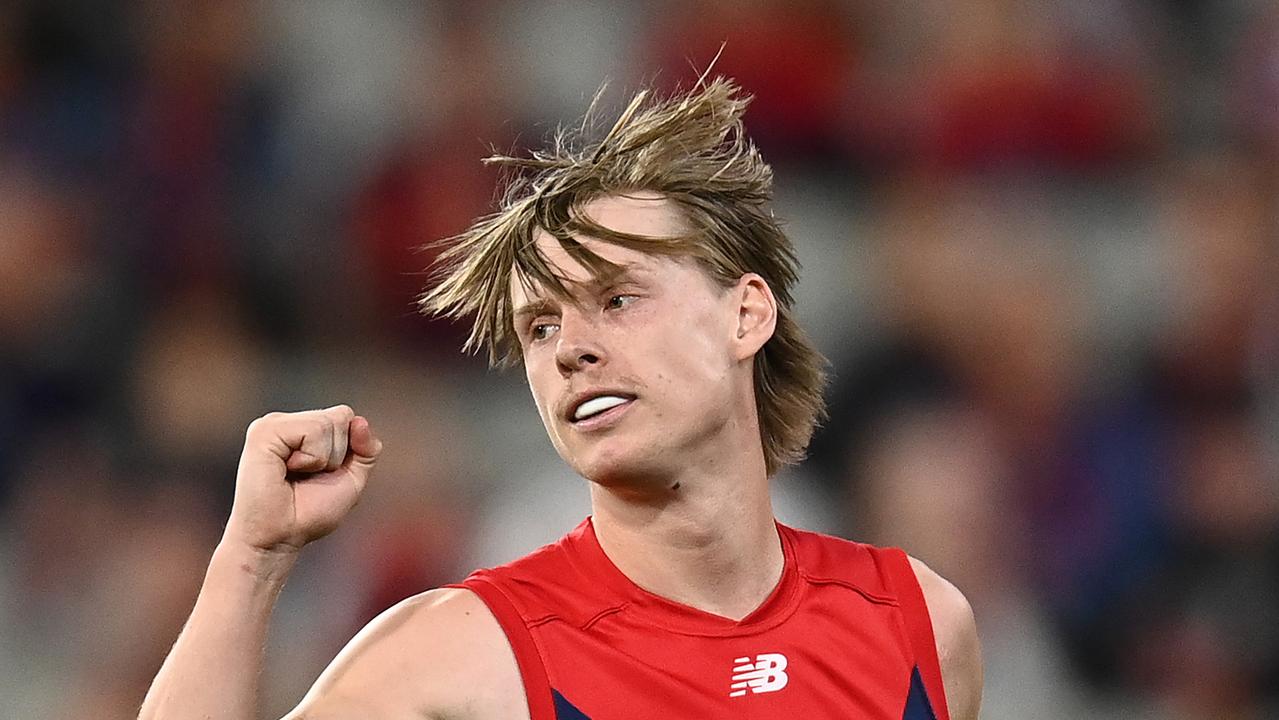
Meet unbeaten reigning premier Melbourne’s most unlikely league-leader.
Charlie Spargo, all 173cm of him, has become the latest weapon in the Demons’ ever-increasing arsenal as they chase back-to-back flags.
No one in the AFL has a better percentage of marks taken inside 50 off his kicks than the 22-year-old small forward – or ‘speed forward’, as Melbourne assistant coach Greg Stafford likes them called.
Spargo’s ability to weave through traffic and make the right decision on those ‘money kicks’ more often than not has long been valued internally.
So while Max Gawn, Christian Petracca and Clayton Oliver command most of the headlines, the emergence of players such as Spargo, who just inked a new three-year deal, is crucial to the Demons’ dominance.
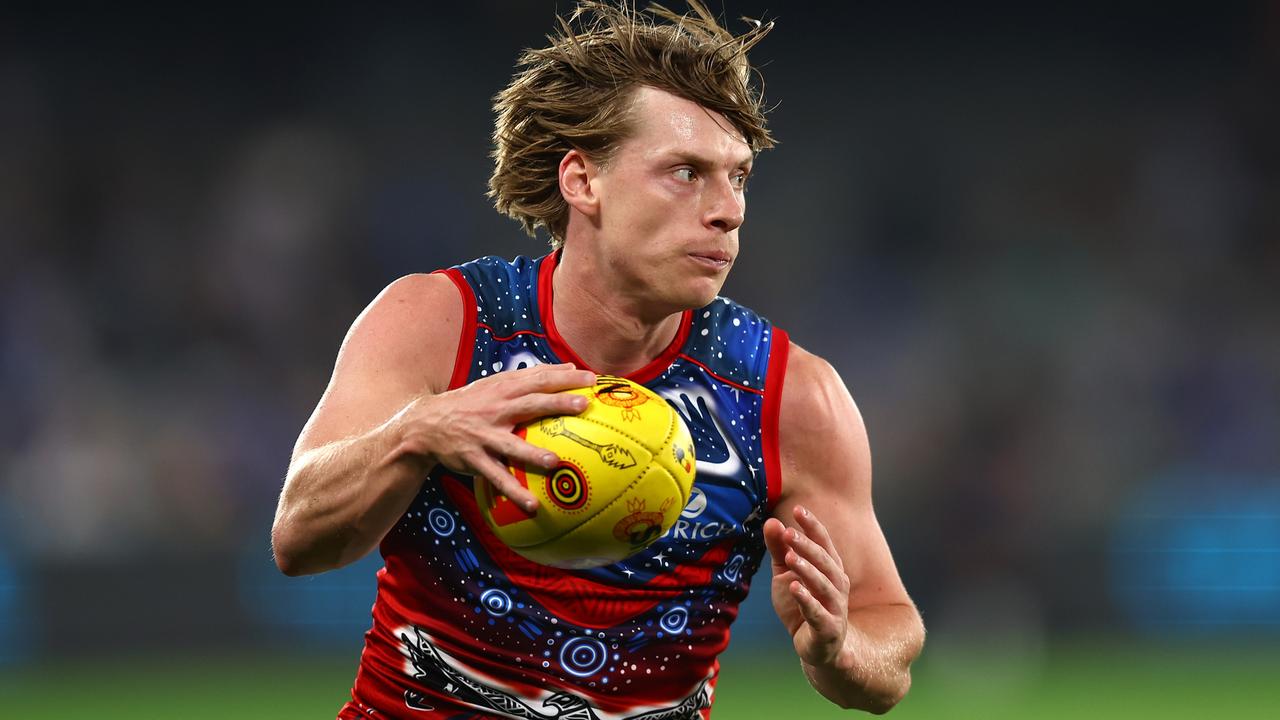
His turning point, after faltering slightly following an 18-game debut season, came during the AFL’s Covid-enforced season suspension two years ago.
Spargo spent much of that extraordinary three-month period back home in Albury, where his father, ex-Kangaroo Paul, delivered the words that sparked the making of his son as a footballer.
Melbourne coach Simon Goodwin, a long-time believer in Spargo, was involved in that process, too, albeit with more of a “gentle nudge” over Zoom than a sledgehammer moment.
“I feel like my dad was the one who might have given me the kick in the arse,” Spargo told News Corp.
“He just said, ‘You’ve got a choice’, so he wasn’t forcing me to do anything.
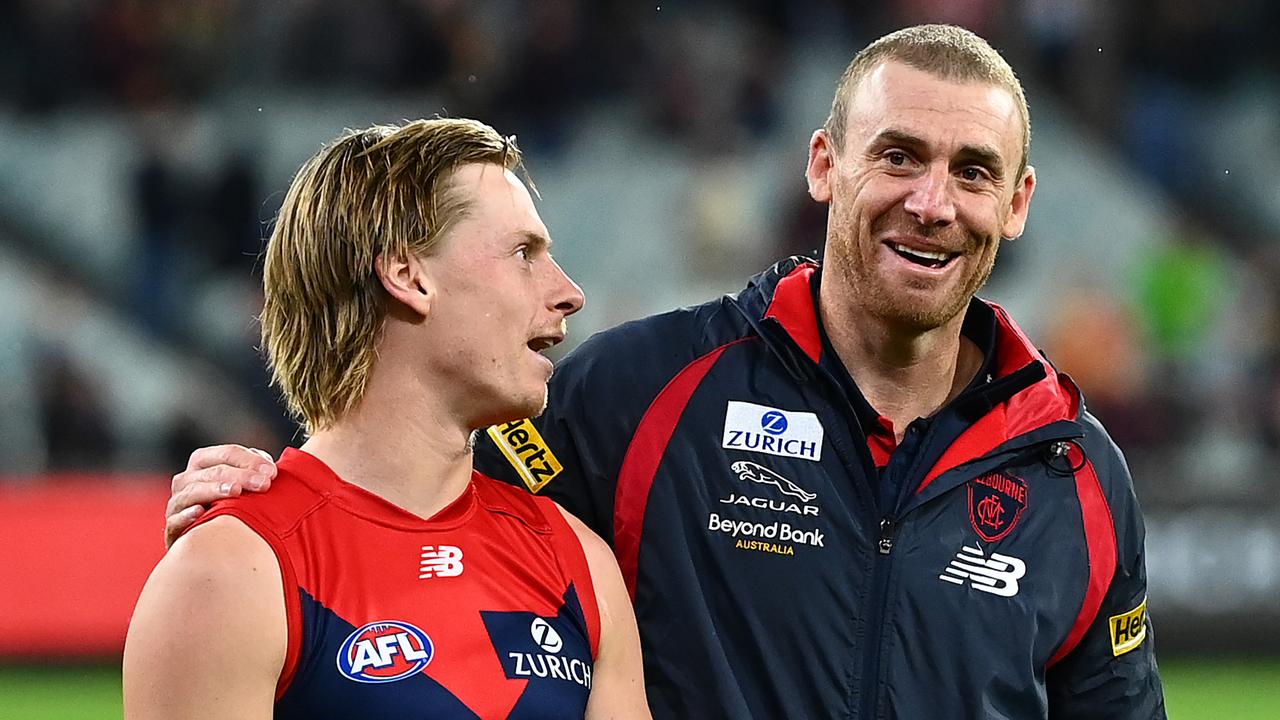
“I speak to him a fair bit about my footy and he said, ‘You’re a talented player, but you need to decide if you want to be a guy who’s around the mark, in the team some weeks, or you want to be a good AFL player’.
“I feel like I made that decision then and there, while I was home in Albury, to get really fit and strong and put myself in a good spot going forward.”
The reward wasn’t instant for Spargo, who, after playing in round 1 that season, didn’t appear again at senior level until round 11, with a two-game suspension wedged in between for a Covid-related breach.
But he played seven of the Demons’ final eight games as a springboard for last year’s breakout campaign, when he didn’t miss a match.
Spargo’s mindset had changed for whatever reason: his dad’s wisdom, Goodwin’s belief in him, his own want to be more, or a combination of all that.
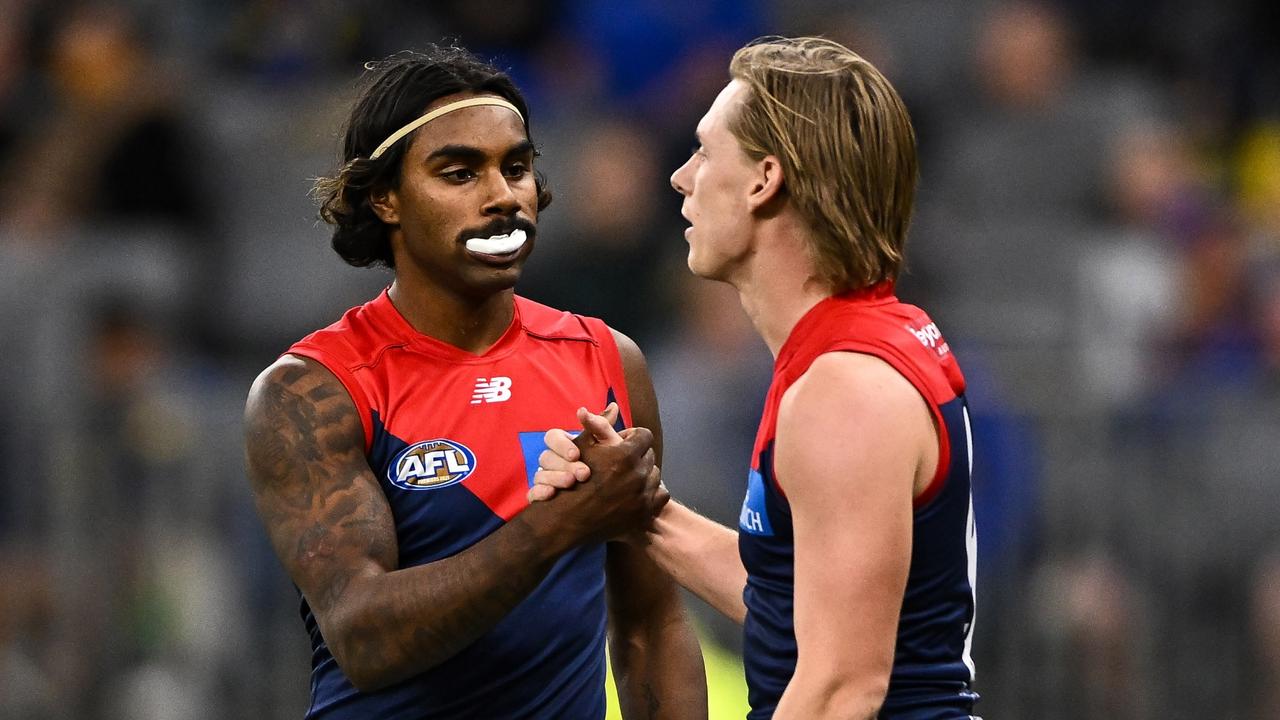
“I feel like it’s a bit of a blur in your first year. You get caught up in, ‘How good is this? I’m playing AFL footy’ and you don’t really learn a heap, because you’re just doing things on the fly,” he said.
“Then the second year, for most players, it’s a bit of a reality check. If you can adapt quickly that you’re just in the system now, your second year, they’re the players who excel.
“I probably didn’t look to improve enough in my second year, but I feel like it started to turn in my third year.
“Although the results weren’t showing, I started becoming more professional, particularly off field ... I needed to tighten up a few things, like my diet and preparation.”
That increased diligence and discipline meant the achilles, shin and shoulder issues that plagued Spargo and curbed his effectiveness were no longer a significant hurdle.
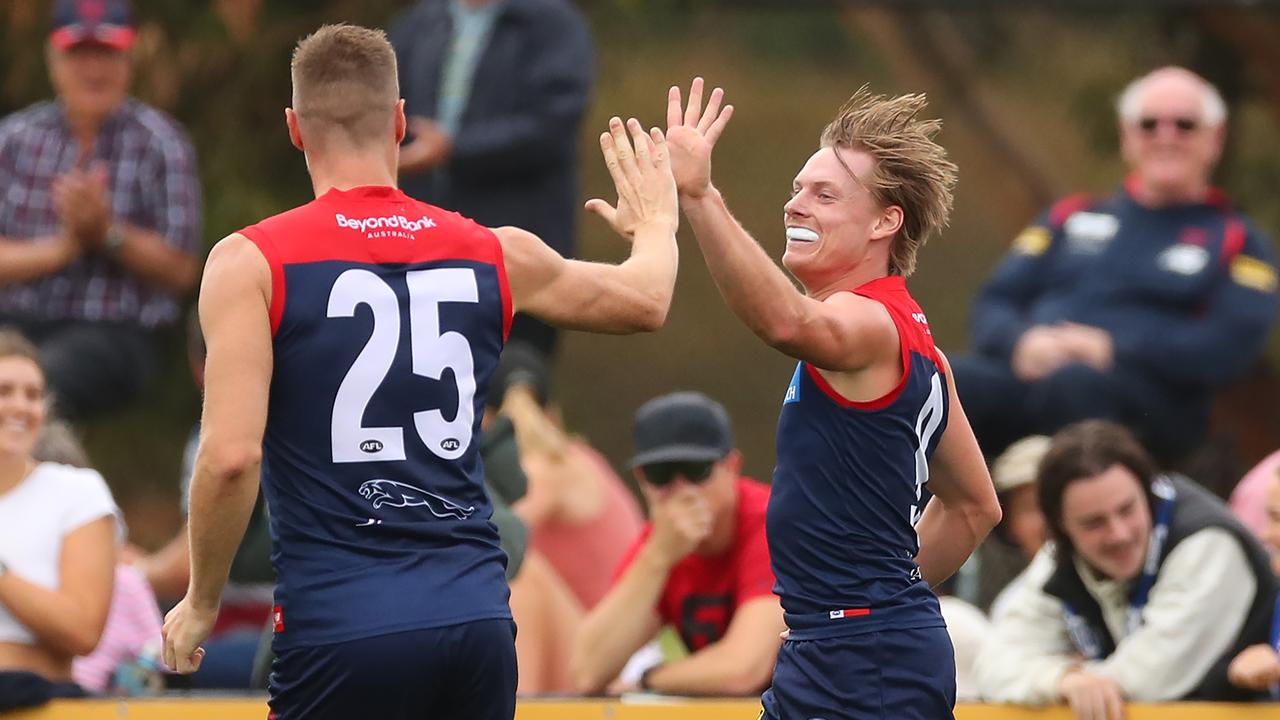
Goodwin was influential on that side of things.
Spargo can’t change his height – that limitation meant he was never going to be an AFL midfielder despite his junior prowess – but his growth elsewhere and embracing of his new role transformed his career trajectory.
“There’s definitely been growing pains, and not necessarily in my attitude, but more just in adjusting,” he said.
“Playing as a small forward can be tough, because depending on the way the game is played, or how your team is playing, you can be out of the play at times.
“You’ve got to keep working hard and eventually you’re going to get opportunities.
“I try and focus on making the most of when I get the ball in my hands, but I feel like what I do without the ball is where I can make the biggest impact.”





